Editor's note: May El-Khalil is
the founder and president of the Beirut Marathon Association. She spoke at
TEDGlobal 2013 in June. TED is a nonprofit dedicated to "ideas worth spreading,"
which it makes available through talks posted on its website.
(CNN) -- The sports world was shaken this past year by violence at the Boston Marathon, reminding us of the fragility of peace no matter the place and time. However, marathons in the United States, and the world for that matter, rallied -- bouncing back as they defied fear through running.
The drive to keep moving forward
is at the very heart of marathon running, and nothing is better than large-scale
sports events when it comes to helping people to overcome insecurities and fears
together.
Peace is an emotionally charged
word. It is something that everyone wants, and it is so elusive to so many. I
come from Lebanon, a country that has seen more than its share of conflict and
war, but it is also a country that embraces life and peace.
Many underestimate the power of
sports to create real change in society. But in Lebanon, we have seen how
sports, and especially running, can have a positive impact on individuals and
ultimately on communities and countries.
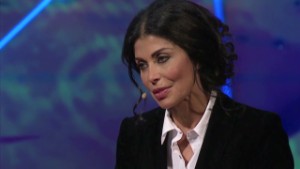 May El-Khalil: Making peace is
a marathon
May El-Khalil: Making peace is
a marathon
I founded the Beirut Marathon
Association 11 years ago and had a firsthand look at how people can unite if
given the right platform and a safe, inclusive environment where every
individual feels that he or she is a true partner -- a stakeholder -- in the
event.
I used to be a marathon runner;
running to me came naturally and helped me stay balanced and focused mentally
and physically. That all ended on a day in 2001 when I was training with my
husband and some friends in Lebanon to participate in the Dubai Marathon. As our
run took us to a street filled with traffic, I was hit by a truck and pinned to
the pavement. The accident left me hanging between life and death for a while: I
was in coma, and came out of it only to spend two years in the hospital. After
36 surgeries, I was able to walk again, but running was no longer possible.
As I convalesced in the hospital,
the only thought that kept me excited and hopeful was the idea of creating an
international running event for Lebanon. If I was not to run again, I wanted
others in my country to know the rush of being part of a large-scale running
event, to share all the inspiration and positive feelings that result from such
an experience.
This was my big dream -- to
bring my country together, to concentrate on something much bigger than myself
and my pain. The Beirut Marathon Association was created while I was still in
the hospital, with the help of supportive family and friends, and the first
international Beirut Marathon was held in 2003. That year over 6,000 runners
took to the streets of the city and its surrounding area. It was the first time
that Lebanon witnessed such a large-scale running event. People took notice.
That first race showed that
everyone was looking for a way to participate in a national event that did not
fall under any specific political affiliation. People were willing to leave
their differences behind and to come run together through the culturally diverse
neighborhoods of the city and its vicinity.
My vision and that of the Beirut
Marathon team grew, and we resolved to continue, no matter what the
circumstances, because we were excited. We also realized that we were setting an
example. This kind of harmony created through sport could extend even further,
to other places and to other times.
Organizing such an unprecedented
running event in Lebanon was not easy. We confronted political and cultural
obstacles, among others. We had to build trust and interest little by little. We
had to coordinate closely with parties all over the country; we worked with the
Ministry of Youth and Sports, with the Lebanese Internal Security Forces, with
the Lebanese army, and with all political parties, many private organizations,
like municipalities, the Lebanese Red Cross, and others. Through it all, we got
a surprising amount of support from public and private institutions and
individuals.
Many troubles have plagued
Lebanon over the past 11 years of our work, but on Marathon Day we always
managed to bring people together in spite of their differences.
Of course organizing our events
during those times of conflict required a lot of flexibility and contingency
planning. In one instance, we turned protesters who were sitting in protest
tents in the heart of the city into spectators who cheered the runners on and
who offered them refreshments and water. We were only able to do it because we
had earned the trust of all parties in the country and had the support of all
the Lebanese. The lesson we learned from all of this is that peace is
possible!
This year the slogan of our
Banque du Liban Beirut Marathon, which will take place on November 10, is "Run
for Lebanon." It is an affirmation of the power of sport to create a better
country, one where differences are tossed aside and similarities are embraced
for a more prosperous future. This has been as challenging a year as any other,
with the whole region around us going through war and turmoil and with internal
political conflicts unresolved.
In times of such uncertainty, it
is more important than ever to remind people of what is good, and what is
important: healthy competition, unity, prosperity, growth, joy, and most of all
peace.
As in previous years, people
responded, and our registration for this year's races has reached more than
36,600 participants from all over Lebanon and the world.
Peacemaking is not a sprint, it
is more of a marathon. We cannot expect any major change to happen overnight.
Strength, stamina and resolve are needed to finish long runs, but the human
spirit is capable of great things. I have seen the elusive peace, and I believe
that it can become evident to all, one steady step at a time.



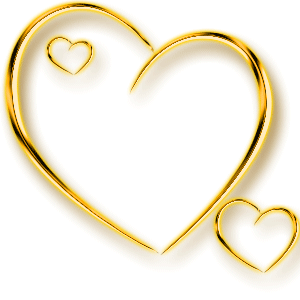



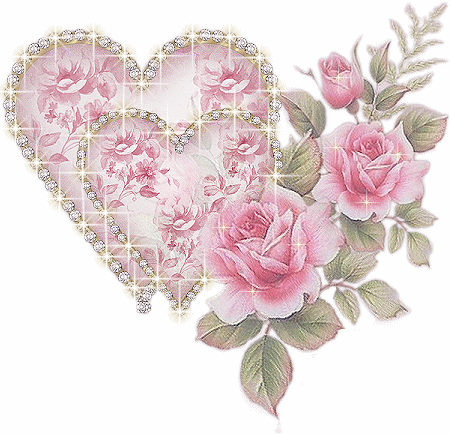




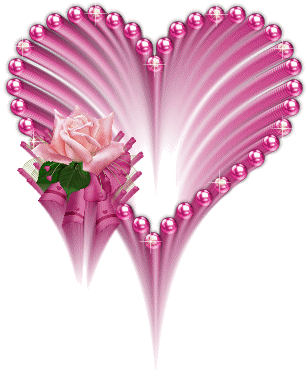







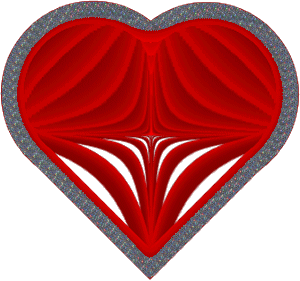
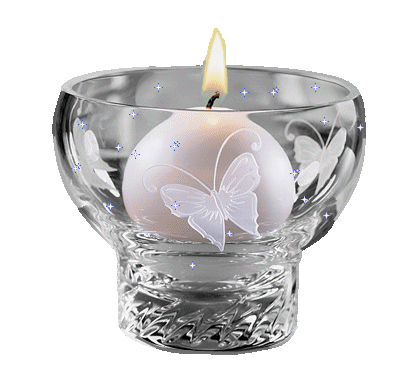
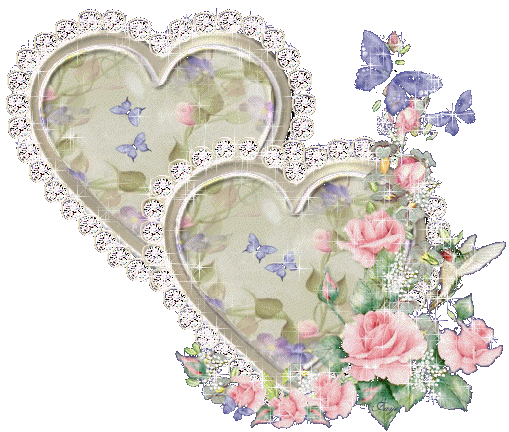
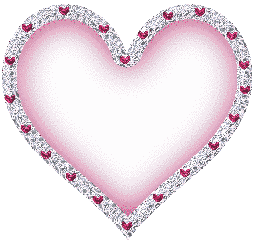
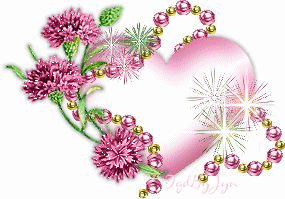
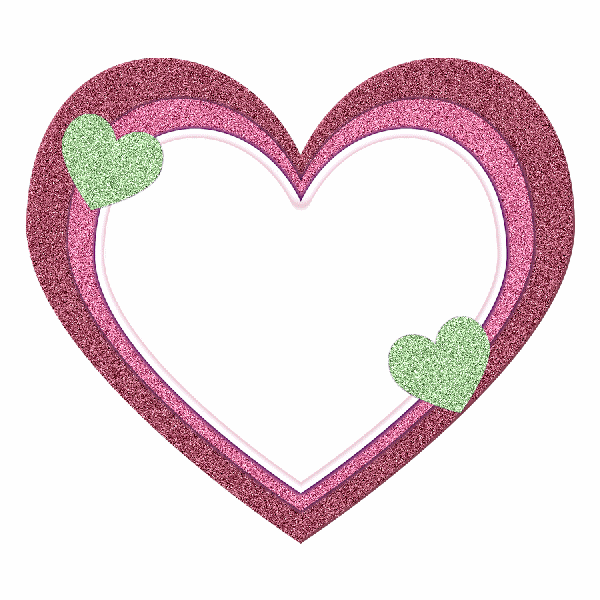
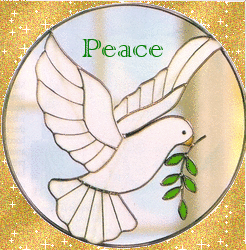






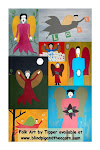



















1 comment:
I wholeheartedly agree Petra! A great way of bringing people from all over together. K. :)
Post a Comment